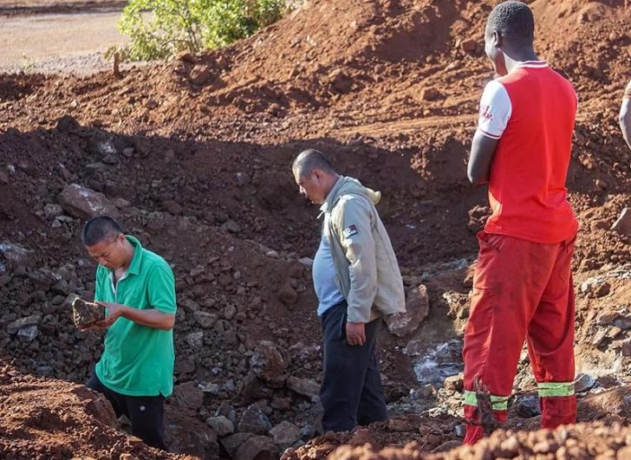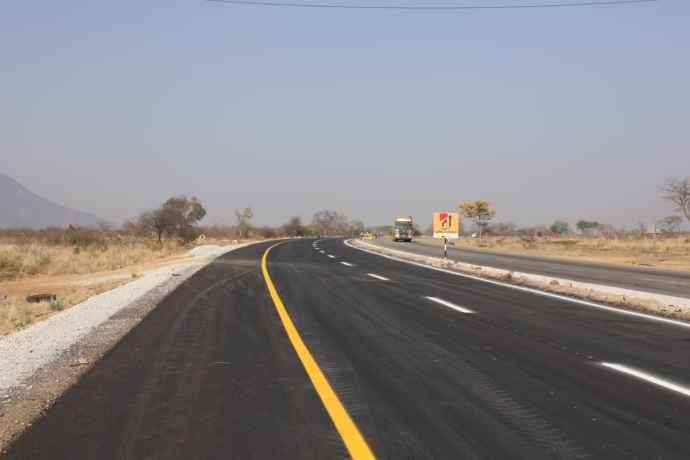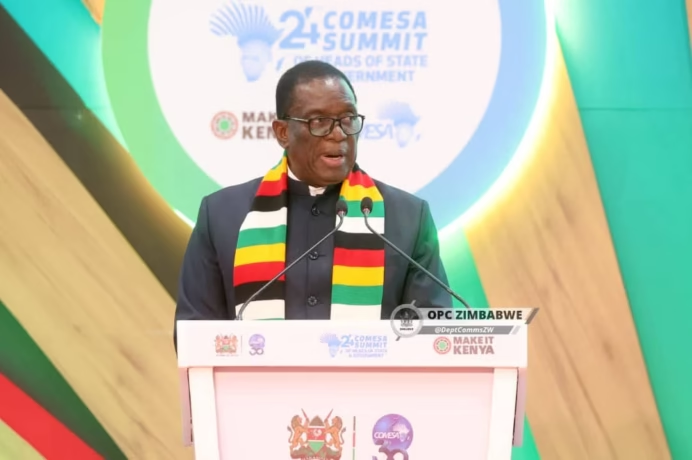
The Monetary Policy Committee (MPC) of the Reserve Bank of Zimbabwe (RBZ) convened on 27 September 2024 to review recent macroeconomic and financial developments.
The MPC acknowledged that the country experienced relative economic stability from April to mid-August 2024, with month-on-month inflation averaging -0.82% from May to July 2024. However, since the second half of August, the economy has faced renewed exchange rate pressures, reflected by the widening parallel market exchange rate premium and rising inflationary pressures.
As a result, inflation increased to 1.4% in August 2024 and is expected to be higher for September. This is despite a 13.4% increase in foreign currency inflows, which amounted to US$8.465 billion from January to August 2024, compared to US$7.466 billion in the same period of 2023.
In response to these challenges, the MPC has made several resolutions to stabilize the economy and contain inflationary pressures.
Firstly, the bank policy rate has been increased from 20% to 35%, effective immediately. In addition, the statutory reserve requirements for demand and call deposits in both local and foreign currency have been standardized and increased from 15% and 20%, respectively, to 30%.
Similarly, reserve requirements for savings and time deposits in both currencies have been raised from 3% to 15%, with immediate effect.
To address the growing demand for foreign currency, the MPC has committed to allowing greater flexibility in the exchange rate. The official exchange rate has been adjusted to reflect this demand, moving from US$1 : ZWG14 to US$1 : ZWG25. Furthermore, the limit on the amount of foreign currency that individuals can take out of the country has been reduced from US$10,000 to US$2,000.
These measures are aimed at addressing the emerging exchange rate volatility, stabilizing inflation expectations, and ensuring price stability in the short to medium term.
The MPC remains vigilant and will continue to monitor the situation closely, ready to take further actions if necessary to maintain macroeconomic stability.
.




